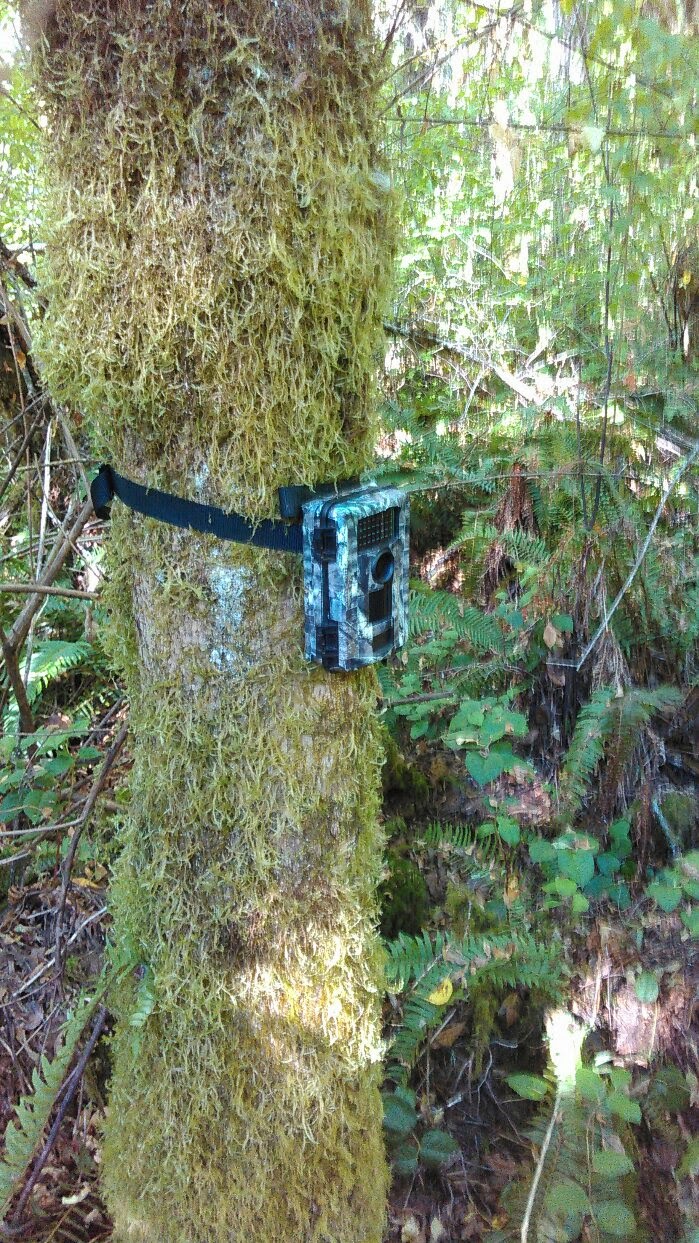This article was originally published in Backcountry Hunter and Angler Magazine's Summer 2014 edition.
What is Fair
Chase?
Too often we return to thinking about
values, of all sorts, only when faced with a glaring violation of them. Our
gut-check reaction to it inspires us to resist the violation, maybe even become
"activists" around the issue. Yet it is exhausting to maintain that
intensity and eventually we return to some sort of apathy, once the battle is
over or we're too tired to continue. This apathy can lead us, or allow us, to
tolerate the little red flags that are indicators of the long and steady erosion
of these principles. What we are facing now did not start with drones. Their
use did not spring from the diabolical mind of some evil sociopath masquerading
as a hunter. We, the hunting community, allowed it. Even encouraged it. We are complicit in its
development, and therefore responsible for correcting it.
Ask yourself, is the gear that you
buy to go hunting with chosen because you have measured it against the
yardstick of "fair chase?" What is "fair?" It implies something
like a sporting event where both parties respect each other enough to agree to
rules that ensure that winning or losing is determined by their individual
skills and abilities. Not whether they stacked the deck against their opponent.
Or successfully spied on their opponent's training session. Or managed to steal
their game plan. So, back to hunting. Where do imported exotic animals held
behind high fences fit into this concept of fair chase? Or barrels of vanilla wafers
soaked in molasses, set out to attract starving bears fresh from hibernation? Or
trail cams? Do we really need such advantages in order to have the experience
we are looking for? Are they "fair?"
To me, the admittedly abstract
concept of "fair chase" implies that how and why I hunt or fish is
more important than whether or not I get anything. It's not survival anymore,
our nation is too fat for me to believe that (and so am I). Nor is it a
competition. We've won. Run the score up anymore and we won't have anyone to
play with. It's a privilege, a tradition, an occupation that some cannot imagine
living without, and to many it's a spiritual pursuit which demands reverence and
respect for the creatures and places involved, or it will eventually go away. I
subscribe to the latter view, which is why I react with revulsion to the idea
of harassing or killing anything that
is not trying to kill me, from a drone.
I am happy that BHA is taking a
leadership stance on this issue, as they have done with so many other issues
critical to the survival of both hunting and fishing activities, and to the
retention of relatively undisturbed places to pursue them. However, it is not
clear to me that there is a concise and unified stance on what "fair
chase" is, even within BHA. I believe this has contributed to a steady
erosion of the practice of it in modern hunting society. Without a clear
definition, it is fair for someone to think "We allow compound bows with
scopes, and laser rangefinders, and trigger releases. Why not crossbows?" It is fair to say,
"We pay people to help us find a trophy animal in the wild, why not make
it even easier by locking the critters behind a fence?" It is logical for
someone to think, "We use trail cams to locate animals and map out their
movements, why not drones?" Until we define "fair chase" clearly,
and then consistently behave and shop in a manner that reflects the principle,
we leave loopholes of logic through which anyone might fall, well-meaning
hunters and gear manufacturers alike.
One way to keep the concept of fair
chase front and center is to strive to make the evolution of your equipment
preserve the challenge of your endeavor. Harder demonstrates virtues of desire,
determination, respect, and self-discipline. Easier demonstrates….well, you
fill in the gap. Never let anyone shame you when you follow your conscience by
calling you a "purist," "extremist" or
"snob." Labels say plenty
about the person applying them, and virtually nothing about you. Good judgment
has nothing to do with being judgmental.
Whether new technology fits the "fair
chase" definition should be determined by the number of conscientious participants
involved in the decision, not by the wallet of the industry representative or
the politically divided government agency. Be deeply suspicious of what the outdoor
industry tells you is a valid or better way to do things, and decide for
yourself. While industry representatives may be outdoor enthusiasts like us, and
we depend on them for many things, the industry is about money first, not
"fair chase." The good thing is, if we don't buy it, they won't make
it.
Hunters need to self-regulate, or
they will be regulated.



